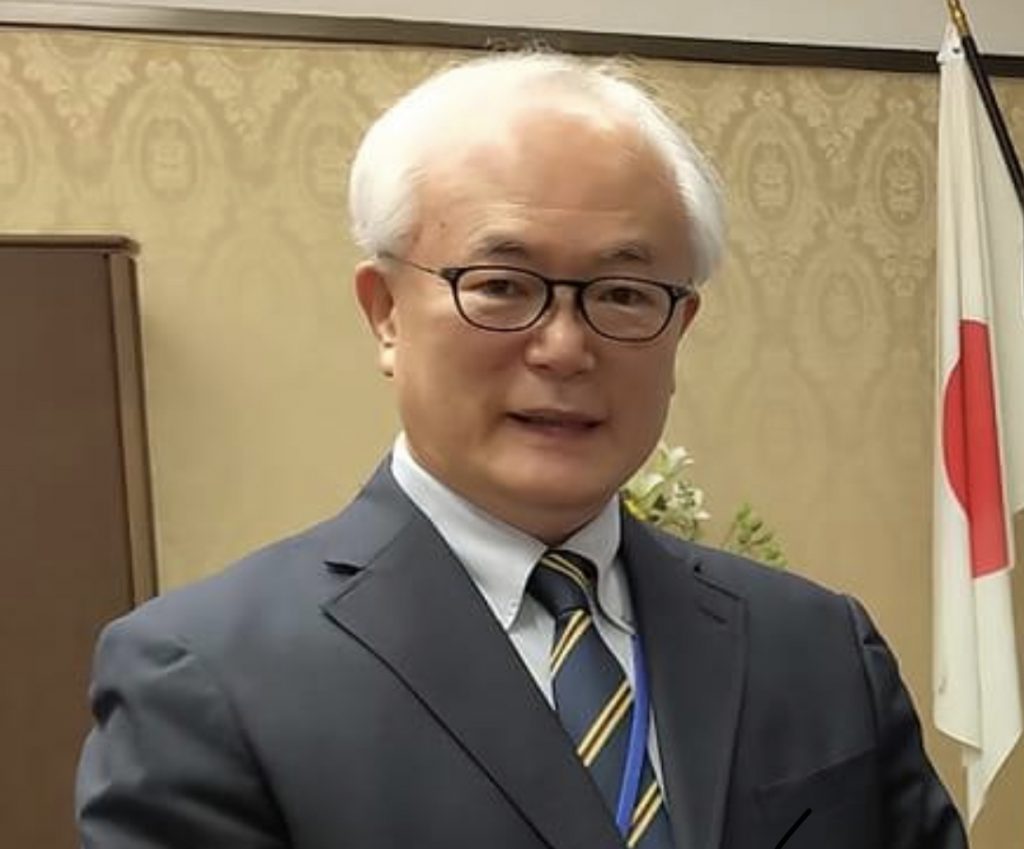
- ARAB NEWS
- 05 Jul 2025

Tomohiko Taniguchi, Special to Arab News Japan
TOKYO: Japan, more than most other countries, has wide-ranging stakes with Myanmar, and with its democratic developmental path in particular. The common thread running through Japan’s engagement with the country can be summarized in a single sentence: only a long-term commitment in education and human capacity enhancement leads them to achieve the desirable governance, one that is open, rules-based, transparent, hence democratic.
Herein to be found is a stark contrast between Japan’s approach toward Myanmar and one sought by China, where the latter is known to have let gun and money speak to manipulate warring factions within the country.
JICA (Japan Internaitona Cooperation Agency,) Japan’s semi-governmental aide provider, has worked with Myanmar’s education authority to replace all the elementary school textbooks — those for mathematics, science, language, music, and all other disciplines — with new, much improved ones that stress on interactive learning and creative thinking. Few other countries have chosen to rely on Japan as much as Myanmar, for providing textbooks to elementary school children is not unlike building foundations for the entire future generations.
A range of NPOs and dozens of Diet (Japan’s Parliament) members have built hundreds of school buildings across the country. For vocational training, Japan funded to found the three-year college of Japan-Myanmar Aung San Vocational Training Institute (JMASVTI) to foster automobile mechanics and electrical engineers in Yangon.
Myanmar stands out as the first country that chose to accept Japan’s war time reparation payments as early as in 1954, earlier than any other Asian country. Baruchan hydroelectric power plant, built by the money, is indeed the first project ever conducted by Japan, post-war, for overseas developmental assistance.
Furthermore, Japan’s good-will ambassador Sasakawa Yōhei has helped bring warring insurgent groups together for reconciliation. The Kachin-based Arakan Army, one of the most rebellious ethnic insurgency groups, with which Mr. Sasakawa has worked for years, showed an early indication at the beginning of the year 2021 of reconciling with the nation’s army. Three members of Myanmar army had been in the hands of the AA as political hostages. The insurgent group released them.
None of those Japanese aid providers, including Mr. Sasakawa, however, has ever envisaged that democracy would take root in Myanmar in just about ten years. They are all acutely aware that democracy is a curious animal, whose maturing takes not even decades but generations, which is why they have concentrated their efforts on education, for only education builds habits of mind for democracy among the local population.
That much should be fully understood by the nation’s military leaders. For a country such as Myanmar, where rebellious insurgents have fought against each other in harsh terrain for decades, there could be no low hanging fruit for anyone, let alone gun carrying coup leaders. Early harvest is unachievable.
Tomohiko Taniguchi is a professor at Keio University in Tokyo and former adviser to former Prime minister Shinzo Abe.